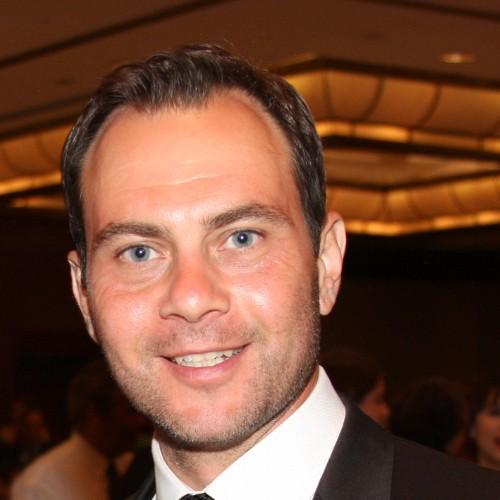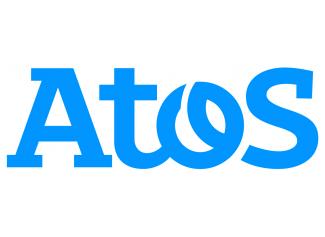
Noah Voreades
Noah is Managing Director of GenBiome Consulting. GenBiome Consulting specializes in the intersection between VMS, digital health, personalization, genetic testing and microbiome (testing, probiotics, prebiotics) across clinical + lifestyle + wellness. Recently, Noah served as Head of External Innovation for Seed Health, the leading microbial sciences consumer health company. Noah’s understanding of the microbiome and personalized health sectors stems from engagements ranging from supporting launch of Nutrisystem’s genetic testing platform DNA Body Blueprint to R&D development with OLIPOP, the leader in functional soda. Additionally, GenBiome has supported digital health companies such as Docbot & Perigon Health 360.
Noah’s insights have been featured in podcasts, Profile by Sanford Health Hacking Health Summit, New Hope’s NBJ Personalized Nutrition Report, SupplySide webinars and company sponsored thought leadership summits.
Noah’s graduate school research focused on the intersection of nutrition, microbiome & metabolomics for biomarker and novel assay development.

Jim Lalrd
CEO and co-founder of ENOUGH, a food-tech company whose purpose is “to make protein sustainable”. ENOUGH address this by growing mycoprotein, an advantaged food ingredient, more sustainably and at lower cost than all other protein options.
ENOUGH are building the World’s largest new protein facility. Located in the Netherlands, this will initially produce the equivalent of 5 cows worth of protein every hour, with plans to make a cow equivalent every 2 minutes by the end of the decade.
Demand for non-animal protein is forecast to grow by +15k tonnes every day for the next 5000 days. ENOUGH’s current plans are not enough to meet a relevant share of this but with collaboration, we embrace the opportunity to go further.

Džiuginta Jasinskytė
I hold a PhD in molecular bacteriology and infection from university of Copenhagen. I worked with pathogenic bacteria from food and animal sources and later with bacteriophages targeting those bacteria. I joined SNIPR Biome in 2019 where I am currently a team lead for Assays and in vitro Biology. Here, I am contributing to research, CMC and clinical development of our drug candidates.

Alessio Santoriello

Lin Qiao
Lin is an engineering director leading the development of PyTorch, AI compilers, and on-device AI platforms at Facebook. She drove AI research to production innovations across hardware acceleration, enabling model exploration and model scale, building production ecosystem and platforms for on-device and privacy-preserving AI. She received a Ph.D. in computer science, started her career as a researcher in Almaden Research Lab, and later moved to the industry as an engineer. Prior to Facebook, she worked on a broad range of distributed and data processing domains, from high-performance columnar databases, OLTP systems, streaming processing systems, data warehouse systems, and logging and metrics platforms.




